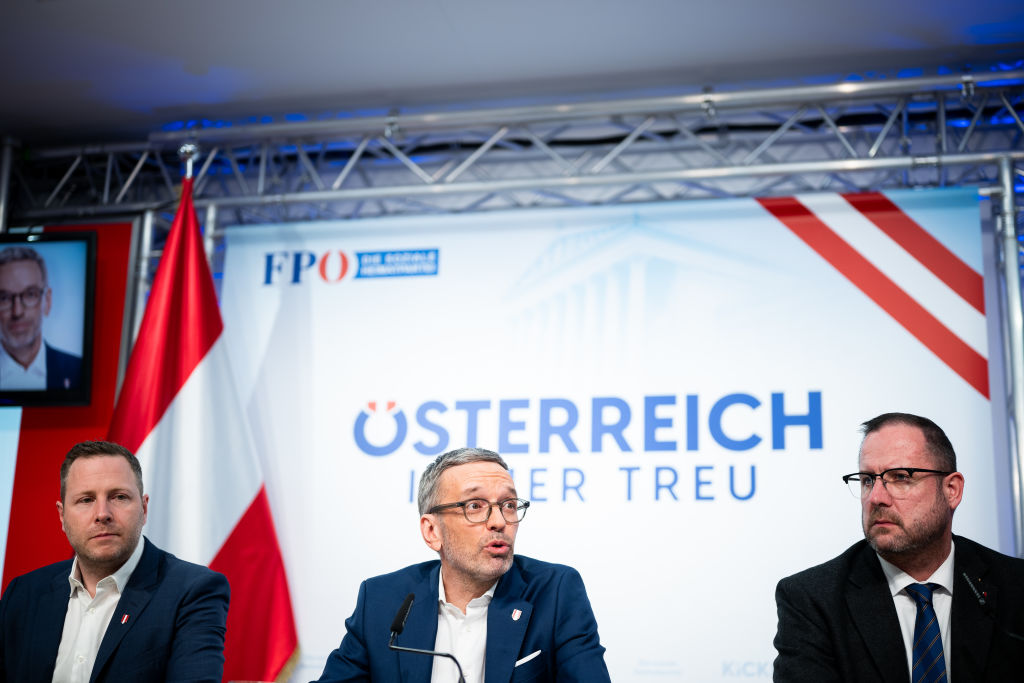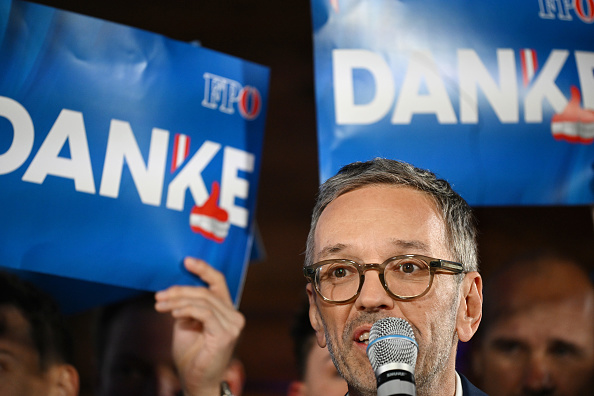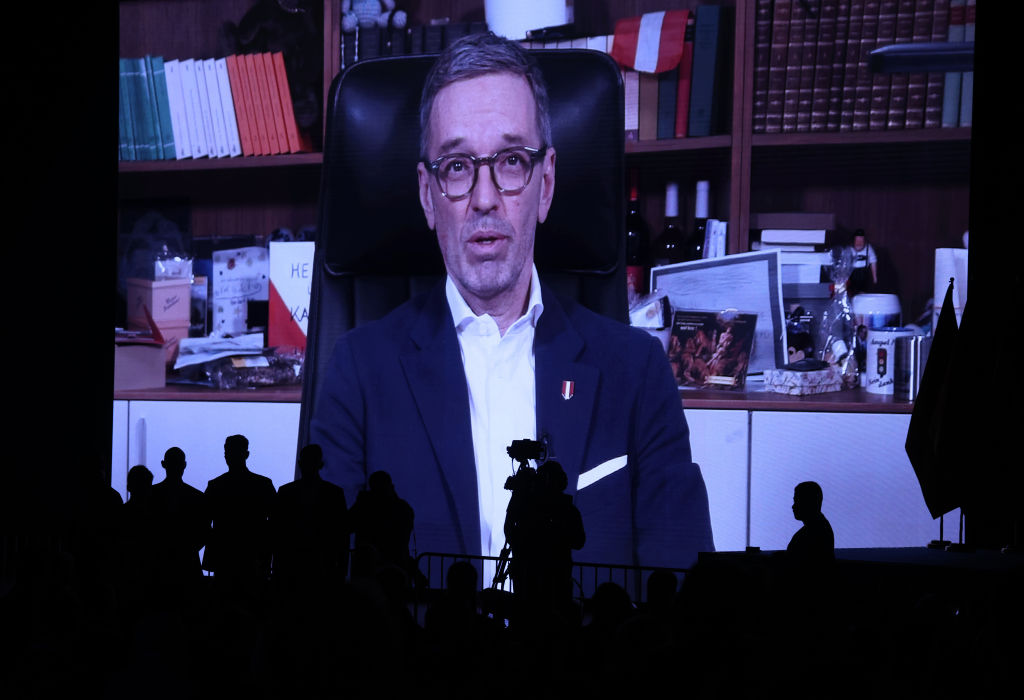Austria’s next government will most likely be a coalition between the Conservative Austrian People’s Party (ÖVP) and the Social Democrats (SPÖ), after they reportedly held closed-door talks in Vienna.
Senior players from both parties have signalled a willingness to compromise on key issues.
Markus Wallner, governor of Vorarlberg (ÖVP), said of the talks over the weekend of February 15-16 his party might consent to a “bank tax” demanded by the left-wingers.
Meanwhile, Carinthia’s Socialist Governor, Peter Kaiser, told Austrian state TV that a consensus on a budget consolidation was within reach.
The apparent public harmony marked a sharp turn from the previous negotiations between ÖVP, SPÖ and the small Liberal Neos party over a three-party coalition, which collapsed in early January after almost three months of talks.
The talks fell apart after the Neos walked out, putting most of the blame on SPÖ leader Andreas Babler, a self-declared “Marxist” representing the SPÖ’s leftmost wing.
Babler – according to Neos – had acted “destructively and cholerically” during the talks and had shown no willingness to compromise, even walking back on agreed-upon points.
The SPÖ head has now apparently been sidelined by his own party.
On February 16, Michael Ludwig, the influential SPÖ Mayor of Vienna, said in the future the party’s negotiating team – which includes Ludwig’s protégé Doris Bures – would decide “as a whole” its direction.
This has been interpreted as a concession to the Conservatives, whose members also blamed Babler for the failure of the three-party talks.
The new attempt for a ÖVP-SPÖ-coalition already marked the third try for a functioning government for the country.
On February 13, the discussions between ÖVP and the right-wing Freedom Party (FPÖ) had ended abruptly after they could not agree on the subdivision of government ministries.
ÖVP grandees had previously excluded coalition talks with the FPÖ under its popular leader Herbert Kickl and only agreed to the negotiations after the collapse of the three-party talks.
The end of the right-wing talks – already marred by derogatory remarks from ÖVP heavyweights as well as numerous leaks of confidential information – and the swift swerve towards the SPÖ have led many right-wingers to accuse the ÖVP of only negotiating with the FPÖ for appearances sake in the first place.
The allegations that the ÖVP was never serious about forming a government with Kickl’s party were fuelled after the FPÖ published the Conservatives’ “final offer” for a division of ministries.
The ÖVP demanded nine ministries for itself including the powerful finance and interior ministries while the FPÖ would get only four ministries plus the chancellorship – seen as a gutsy demand considering the FPÖ received 29 per cent of the vote, compared to the ÖVP’s 26 per cent.
Aus dem gestrigen Standard: Hier seht ihr den ÖVP-Vorschlag, den man uns übermittelt hat. Ich frage euch: Sieht so ein Angebot auf Augenhöhe in Verhandlungen aus? Wenn uns nun angesichts dieses Vorschlags andere „Machtrausch“ und Co. vorwerfen, ist das an Peinlichkeit nicht zu… pic.twitter.com/IgUYhUmGga
— FPÖ (@FPOE_TV) February 14, 2025
The ÖVP was seemingly emboldened during the talks after it had allegedly received a secret offer from the SPÖ’s Ludwig at the end of January.
“With this offer, Ludwig became Santa Claus”, wrote publicist Wolfgang Fellner on February 13, claiming the SPÖ agreed to “giving the ÖVP everything they wanted in terms of ministries plus the chancellorship for its loser-leader Christian Stocker”.
Fellner continued that it was no wonder that ÖVP subsequently “became strong as Popeye after a can of spinach” in the negotiations with Kickl.
Whether ÖVP and SPÖ could form a lasting coalition remains to be seen. Even together, the two parties only have a brittle one-seat majority in parliament.
Still, both parties looked likely to try everything to avoid a re-election as they would risk losing even more ground than at the September election.
In the most recent polls, the SPÖ hovered around the 22 per cent mark while the ÖVP was down to 19 per cent.





